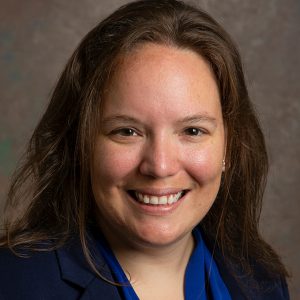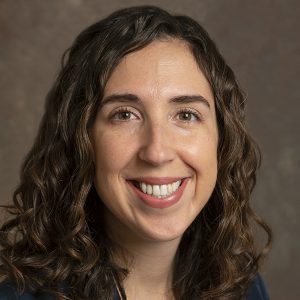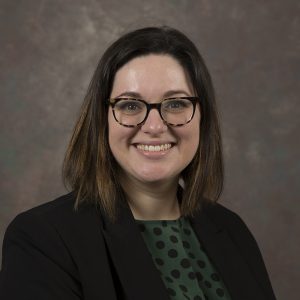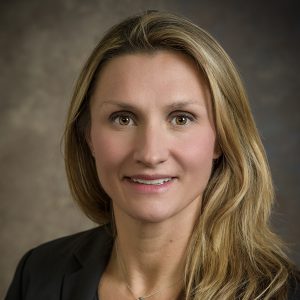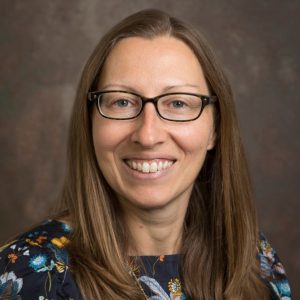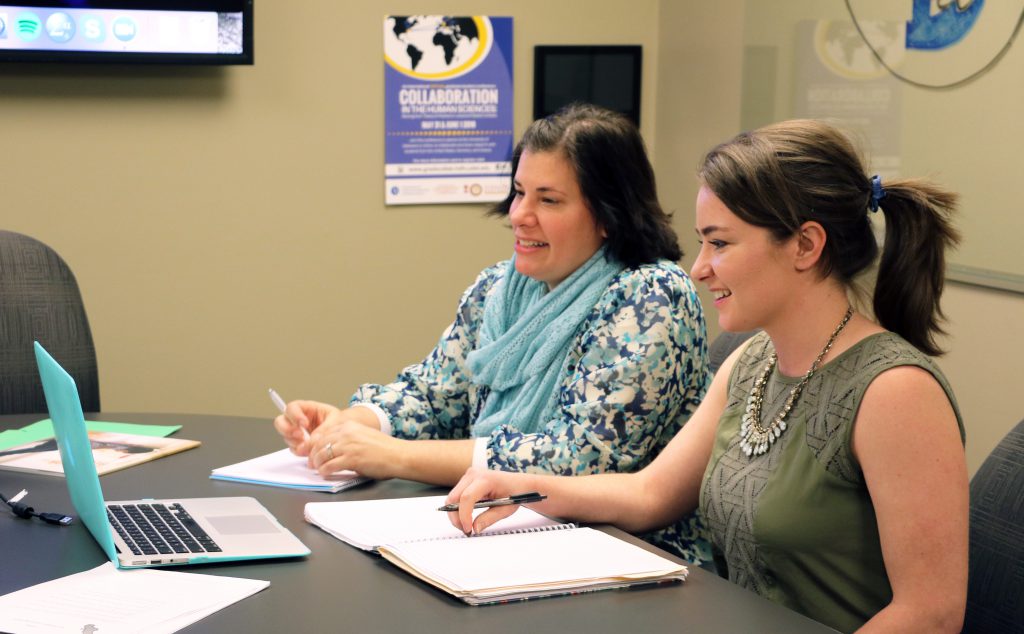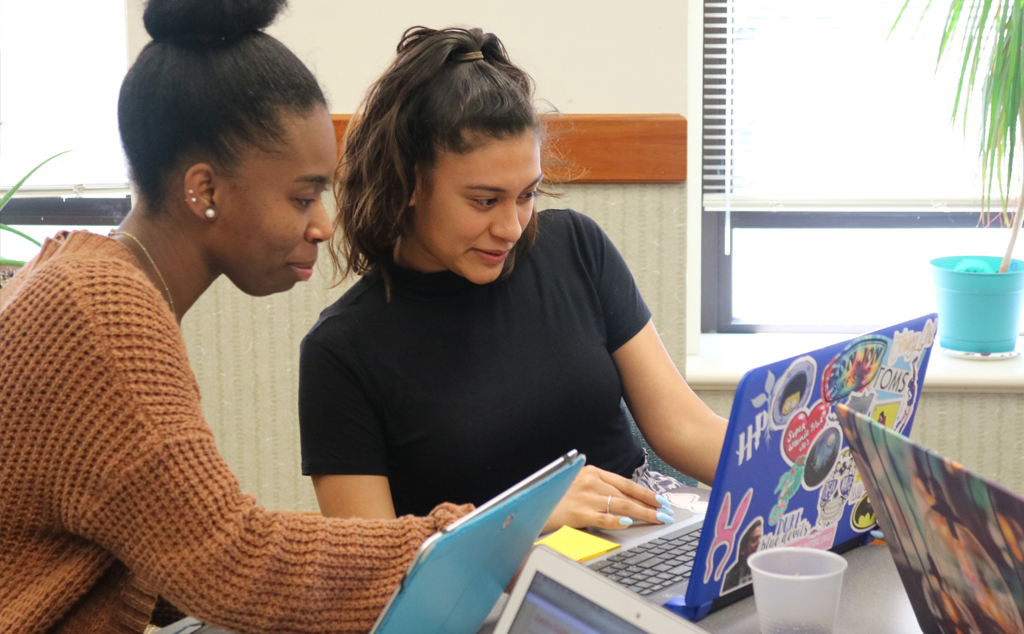Research
Social Determinants of Health
In 2008, the World Health Organization’s Commission on Social Determinants of Health declared that “social justice is a matter of life and death.” A person’s degree of social advantage or disadvantage–which includes factors like socioeconomic status, education, employment neighborhood and environment, and access to health care–has a profound impact on personal health and life expectancy. For those living in the United States, this means that a person’s childhood zipcode can accurately predict their overall success in life.
The College of Education and Human Development at the University of Delaware values the promotion of positive human development within the rapidly changing global environment in which we live, and is an international leader in research on social determinants of health. Supported by grants and collaborative educational partnerships, our faculty have developed life-changing research on the ways in which an individual’s social and emotional well-being affects public health. Faculty research has influenced legislators and other policymakers on problems as wide-ranging as the prevalence of social stigmas related to substance abuse and sexually-transmitted disease, the effectiveness of sober living facilities and methadone clinics, as well as how a scarcity of grocery stores in historically marginalized communities contributes to food insecurity.
Researchers
Can academic success be predicted before a child can speak? If so, what tools and interventions are available to help every child become a strong learner? Stephanie Del Tufo’s research is focused on understanding how individual differences in learning, language and literacy affect the growth and development of the human mind. As director of the Developmental and Aging Neuroscience Laboratory, Del Tufo has shown that the first signs of expressive language, or infant “babbling,” predicts reading/listening comprehension through fourth grade. For those children who are delayed, intervention before age 3 decreased the risk of poorer comprehension by 39% for those children later diagnosed with a speech or language disorder. Her research has also uncovered strong correlations between higher socioeconomic status and reading/listening comprehension through fourth grade, even when controlling for learning disabilities.
How can we improve health inequities by addressing stigma? Valerie Earnshaw’s research focuses on understanding and addressing the relationship between stigma and health inequities across the lifespan. She seeks to improve health outcomes through interventions to improve the wellbeing of vulnerable and at-risk children, youth, families and those living with chronic illnesses. Recent research topics include studying how school health professionals can be more effective in helping LGBTQ students who are bullied and how stigma impacts young people receiving treatment for substance use disorders. With the support of a National Institute of Mental Health grant, Earnshaw is currently developing an intervention to reduce clinician stigma and improve HIV outcomes.
What’s driving disparities in health outcomes between white and non-white patients? Heather Farmer’s research focuses on the intersections of race, gender, and socioeconomic status (SES) in producing health disparities in older adults. She has conducted longitudinal analyses of racial disparities in chronic disease physiology and outcomes using nationally-representative panel survey data on middle-aged and older adults in the Health and Retirement Study. Dr. Farmer is involved in several projects that are funded through the NIH, including as co-investigator on a REACH Equity Award that aims to examine racial disparities in 30-day readmission rates in older adults with cardiovascular disease.
In what ways does the food available in our community impact what we eat? How can policies and programs related to food in our communities improve the quality of our diets? Allison Karpyn’s research has shined a light on the ways in which food insecurity continues to threaten disadvantaged and historically marginalized communities. Food insecurity is a public health issue and a social determinant of health. For example, when a new supermarket moves into a low-income neighborhood, it not only provides access to healthy food at affordable prices, but also stimulates economic development, creating jobs. Her current research centers on the intersection of food security, health and education. Karpyn is interim director of UD’s Center for Research in Education and Social Policy (CRESP). Prior to joining UD, Karpyn spent 12 years with The Food Trust in Philadelphia.
How do we bridge LGBTQ+ developmental research and community impact through developmentally-informed, affirmative interventions? Eric Layland’s research areas include LGBTQ+ within-group differences in mental health and unhealthy substance use, the impact of stigma on LGBTQ+ development, strengths-based approaches to LGBTQ+ health and LGBTQ+ affirmative interventions. Through community partnerships and funding support from the National Institutes of Health, Dr. Layland has led and collaborated on several intervention evaluations.
Abram J. Lyons specializes in social work. His research interests include the historical and ongoing impacts of racism and colonialism on Indigenous families and how Sovereignty-affirming policies can improve outcomes for Indigenous communities. Prior to joining UD, he worked on a project examining Indian Child Welfare Act (ICWA) implementation in a Midwestern state and with the University of Pennsylvania’s Center for Guaranteed Income Research, where he studied the effects of a financial intervention among families involved with the child welfare system.
How can we support the health and wellbeing of young adult mothers? Kate Riera’s doctoral research and dissertation focused on the health and wellbeing outcomes of adolescent and young adult mothers and their children. She examined the effects of social and family support. Her research interests include marginalized families, adolescent health and well-being and equitable and engaging teaching practices in family science. She teaches courses related to partnering effectively with individuals, youth, and families to improve their wellbeing and family functioning.
Raphael Travis’s research, practice and consultancy work emphasize healthy development over the life-course, resilience and civic engagement. He also investigates the creative arts, especially Hip-Hop culture, as a source of health and well-being for individuals and communities. He is author of the book The Healing Power of Hip Hop and co-editor of Music for Inclusion and Healing in Schools and Beyond and The Future of Youth Violence Prevention: A Mixtape for Practice, Policy, and Research. He is faculty director of the master’s of social work program.
Media
In the News
As a young person with experience in the foster care system, University of Delaware graduate student William Woelki understands firsthand …
School leaders—like assistant principals, principals and superintendents—often determine how educational research is used in planning, decision-making and implementing initiatives that …
With specialized training in human development, human services and social systems, social workers are uniquely positioned to support communities in …
As a queer person who once struggled with their mental health, University of Delaware graduate student Lauren Dombrowski keenly understands …
Research Centers & Labs
CRESP conducts rigorous research, program evaluation, and policy analysis to help practitioners, policymakers, and the researchers better understand critical issues in education, community health, and human services.
The DANE Lab’s mission is to inspire learning, alleviate health disparities, and strengthen communities through literacy by studying how brain development during childhood and throughout adulthood impacts the mind.
Dr. Valerie Earnshaw’s research aims to understand and intervene in the relationship between stigma and health inequities. Work in her lab focuses on helping people at risk of or living with chronic illnesses including HIV, and members of other socially marginalized and devalued groups.




